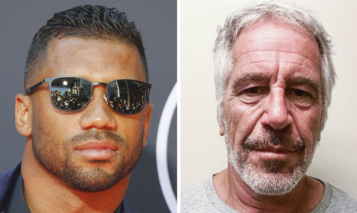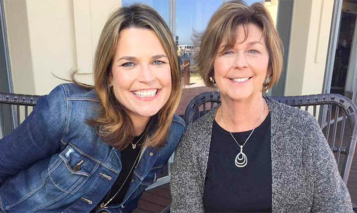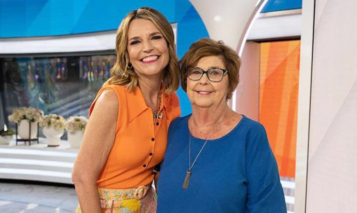
NYPD officials expressed outrage after a 16-year-old rapper and gang banger who shot a cop walked free on bond Thursday.
Aspiring rapper C Blu – real name Camrin Williams – was locked up in a Brooklyn juvenile facility after shooting Officer Kaseem Pennant, 27, on Jan. 18.
According to DailyMail.com, Pennant and other officers responded to a disturbance call and clashed with Williams who refused to remove his hands from his pockets.
Williams began fighting with the officers and refused orders to comply. A pistol he was carrying went off, firing a single bullet that struck both Officer Pennant and Williams.
They were treated and released from the hospital hours later. But Williams was transported to a juvenile facility where he should have remained since he was already on probation for weapons possession.
However, a liberal judge released the rapper on $250,000 bond on Thursday.

Williams allegedly used money he received as an advance on a record deal he signed with Interscope Records.
The president of a union representing NYPD officers expressed his outrage on Thursday.
“If anybody wants to know why we have a crisis of violence in this city, or why we’re about to bury two hero police officers, look no further than this disgraceful bail release,” NYC PBA President Pat Lynch said, referring to the fatal shooting of two other NYPD officers last week.
Lynch blamed Judge Denis Boyle who previously released a 16-year-old who went on to murder a 34-year-old father of two in May of 2021.
“Shame on Judge Denis Boyle for allowing this to happen,” Lynch said. “The people of the Bronx won’t be safe as long as he’s on the bench.”
However, Lucian Chalfen, spokesman for the state office of court administration, said the union president shouldn’t blame the judge, who is simply following the rule of law in NY.

“Camrin has been released and will be back to his regular productive life of focusing on schoolwork and his music career,” said Williams’ attorney Dawn Florio who previously represented troubled rapper 6ix9ine.
Record labels typically sign untalented gang bangers to record deals because the labels see a higher rate of return on their investments when the aspiring rappers are killed by other gang bangers or the police.





